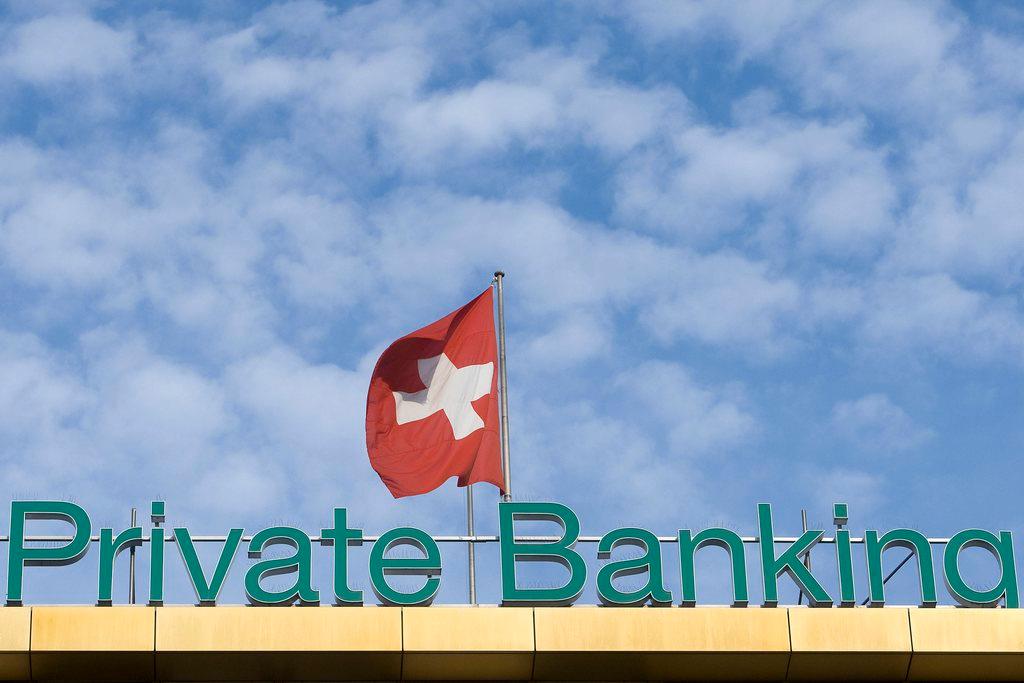New laws: Childcare, banking secrecy, labelling

Switzerland rang in 2017 with a wide range of new laws that affect everyone from separated parents and dog owners to bankers and Swiss manufacturers.
Childcare
Swiss lawmakers want children of separated parents to receive the same level of maintenance (both cash and in-kind contributions) regardless of whether the parents are or were married. Financial support for underage children takes precedence ahead of other maintenance claims. The new law also divides pension assets more equally in divorce.
One of the issues that lawmakers wanted to remedy is reflected in figures cited during their debate in parliament. Those showed that 16.9% of single-parent households received social assistance in 2009, and more than 95% of the cases involved women with children.
Swiss psychologist Allan Guggenbühl told swissinfo.ch the law correctly equates all children, regardless of the marital status of the parents, but there could be problems applying it to children born in unstable partnerships, particularly when the child is unwanted by the father. For example, he said, in the United States and Britain some young women have deliberately become pregnant to gain more child support.

Exchange of bank information
An international convention on the automatic sharing of banking information erodes Switzerland’s vaunted tax haven status. The International Convention on the Automatic Exchange of Banking Information (AEOI) brings Switzerland into conformity with international standards on taxation.
Developed by the Organisation for Economic Co-operation and Development (OECD) and global financial industry, the convention requires annual sharing of financial information on Swiss bank accounts held by citizens of certain countries as early as 2018.

Swissness
A new “Swissness” law aims to tighten rules over the use of the “Made in Switzerland” designation and the Swiss cross. Swiss businesses had argued it could hurt competitiveness. The new law clearly spells out the conditions under which businesses can claim their products as being Swiss made.
Agricultural produce of plant and animal origin must be 100% domestic in order to use the Swiss label. For food products, 80% of raw material must be sourced within Switzerland. The law allows exceptions in some cases. Other provisions apply to Swiss water and products like coffee and chocolate.
Industrial goods must have at least 60% of the production costs within the country. Swiss timepieces must now contain a minimum 60% of Swiss value to carry the Swiss made label.

More
To be, or not to be, Swiss made
Among other changes:
_Emergency workers. Volunteer firefighters and other off-duty volunteer rescue workers can respond to emergencies even if they have been drinking moderately beforehand. The new law lets them respond as long as their blood-alcohol level is 0.5% or less, up from the previous limit of 0.1%. The Federal Roads Office sought the change to let more community rescue workers spring into action.
_Dog owners. They are no longer required by federal authorities to take theoretical and practical courses. However, cantons can continue to impose training if that is their preference.
_Swiss forests. Farmers can take advantage of targeted federal subsidies and should be in a better position to sell timber. The government says the new provisionsExternal link aim to better protect forests against pests, prepare for climate change, increase use of wood and improve work safety in harvesting timber.
_Energy labels. Motorists will see new energy labels about fuel consumption and CO2 emissions of their car.

In compliance with the JTI standards
More: SWI swissinfo.ch certified by the Journalism Trust Initiative















You can find an overview of ongoing debates with our journalists here . Please join us!
If you want to start a conversation about a topic raised in this article or want to report factual errors, email us at english@swissinfo.ch.